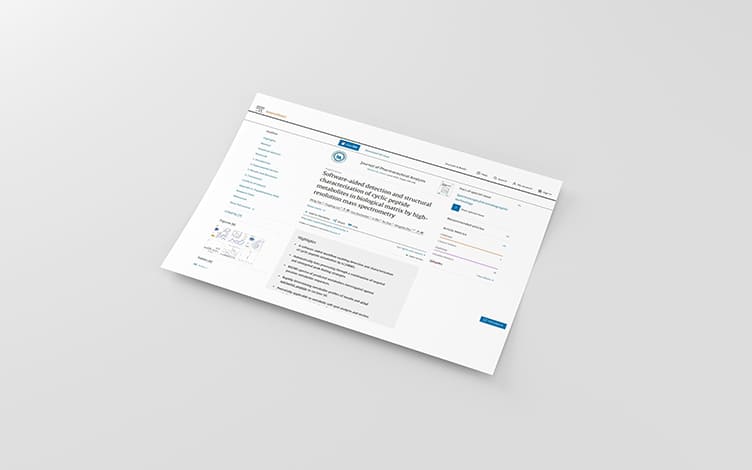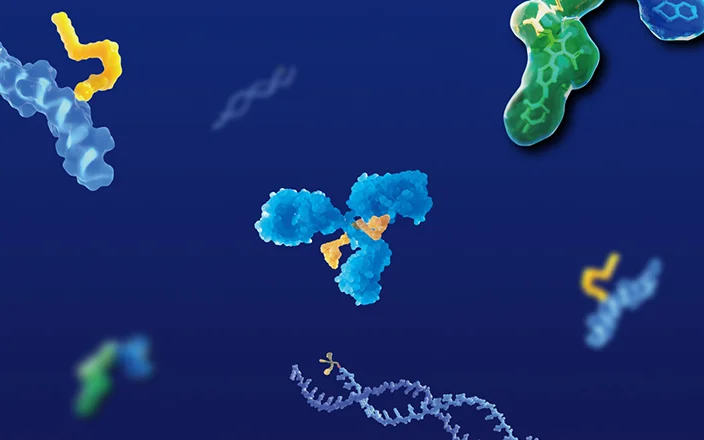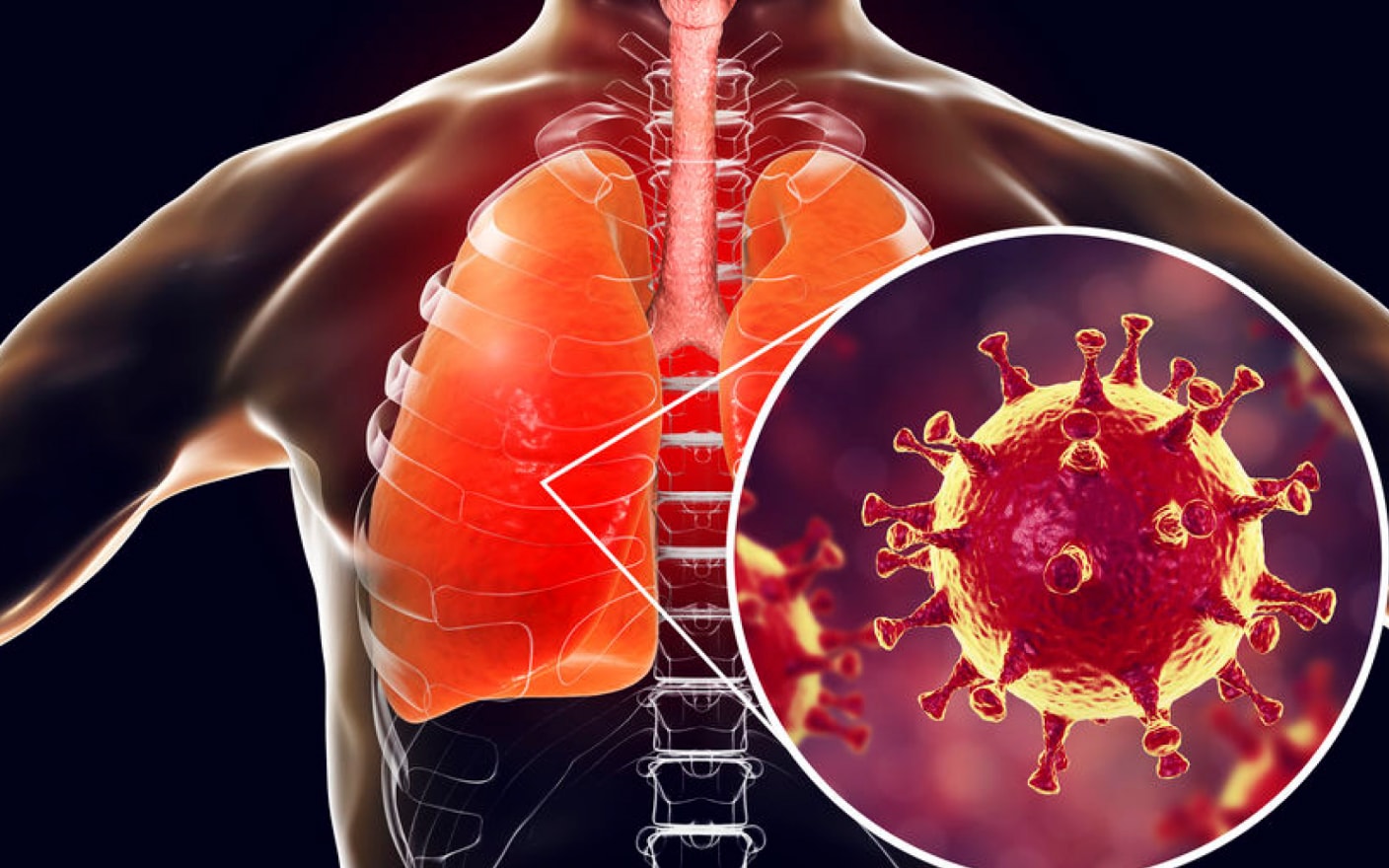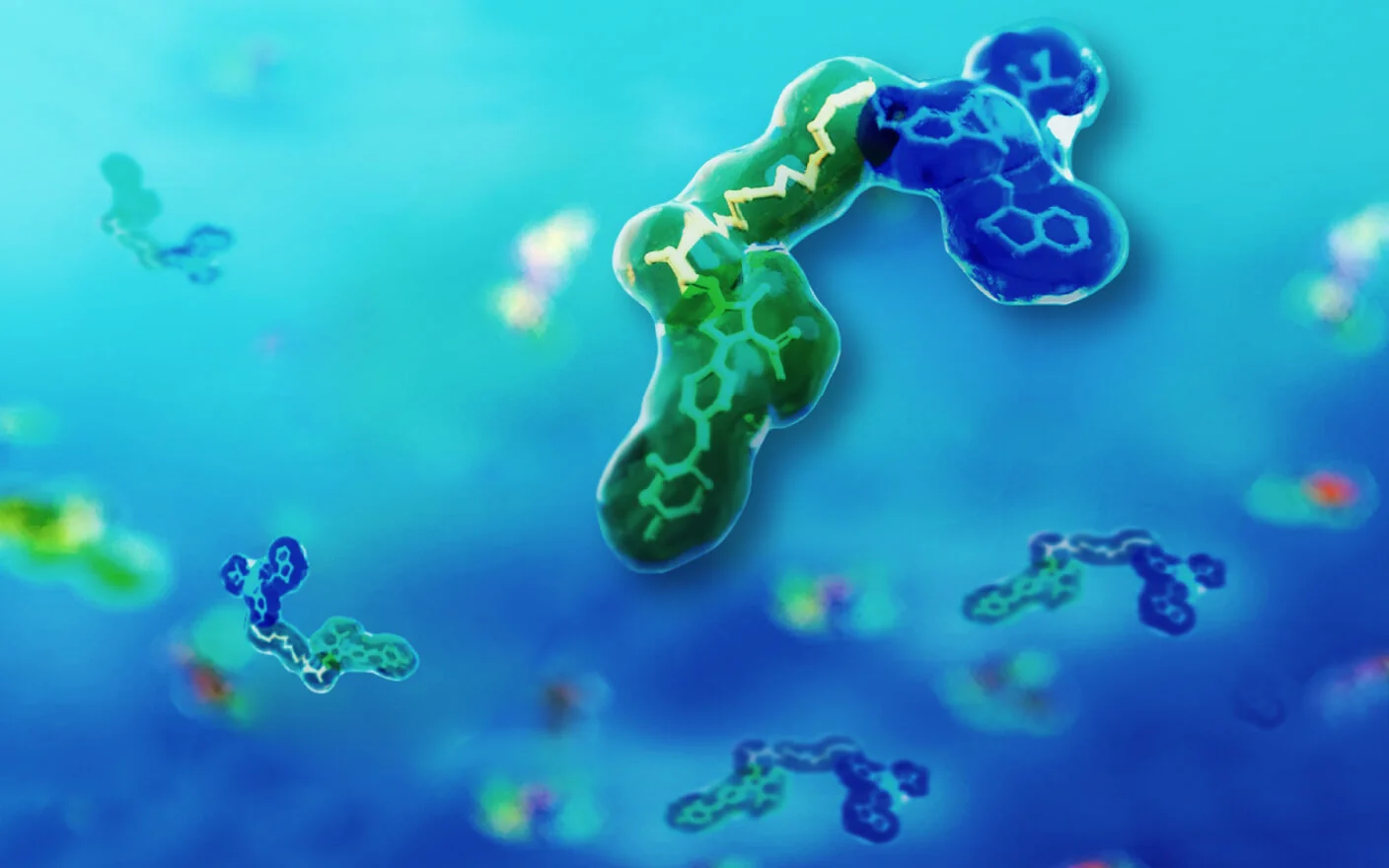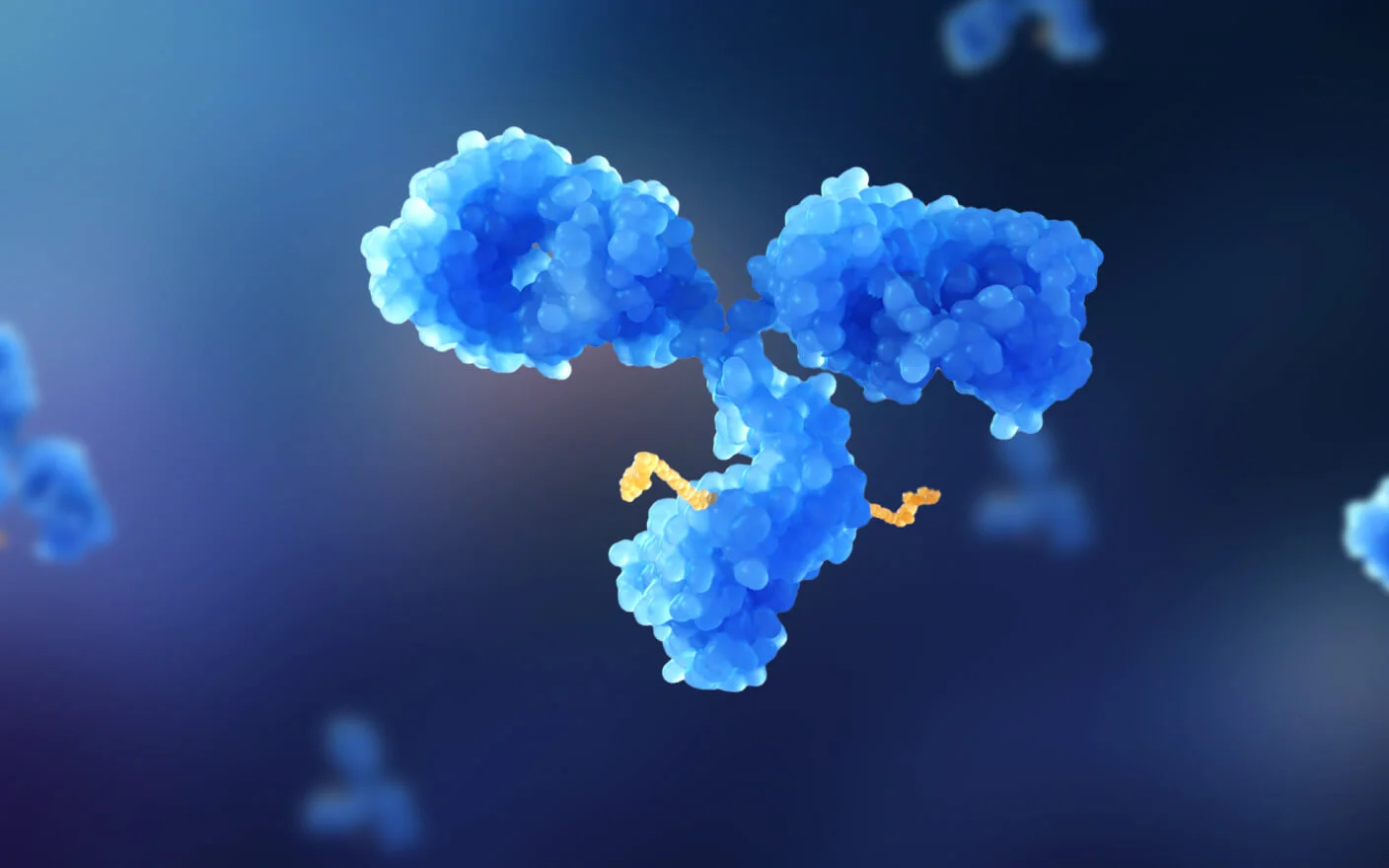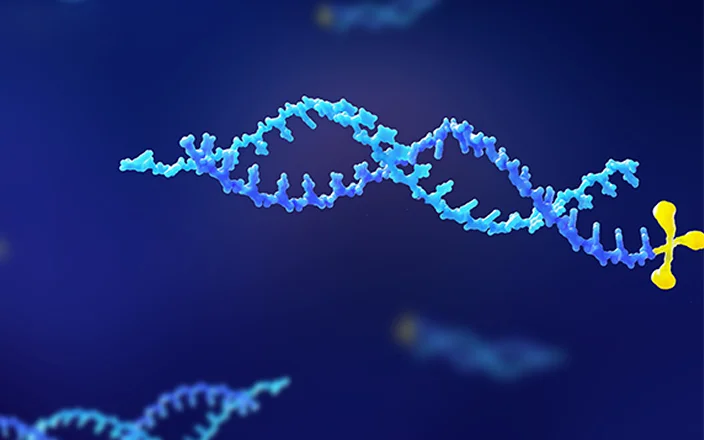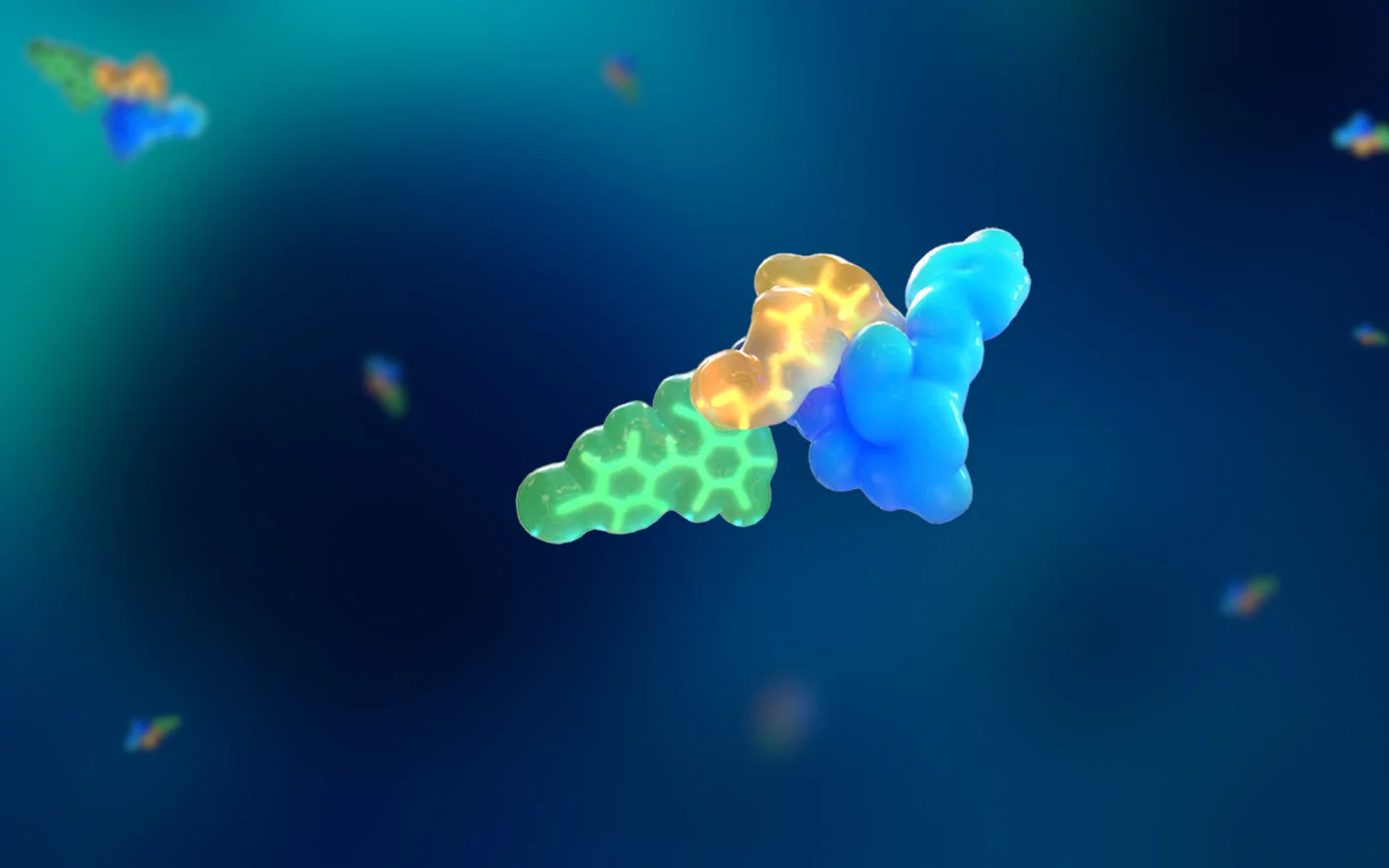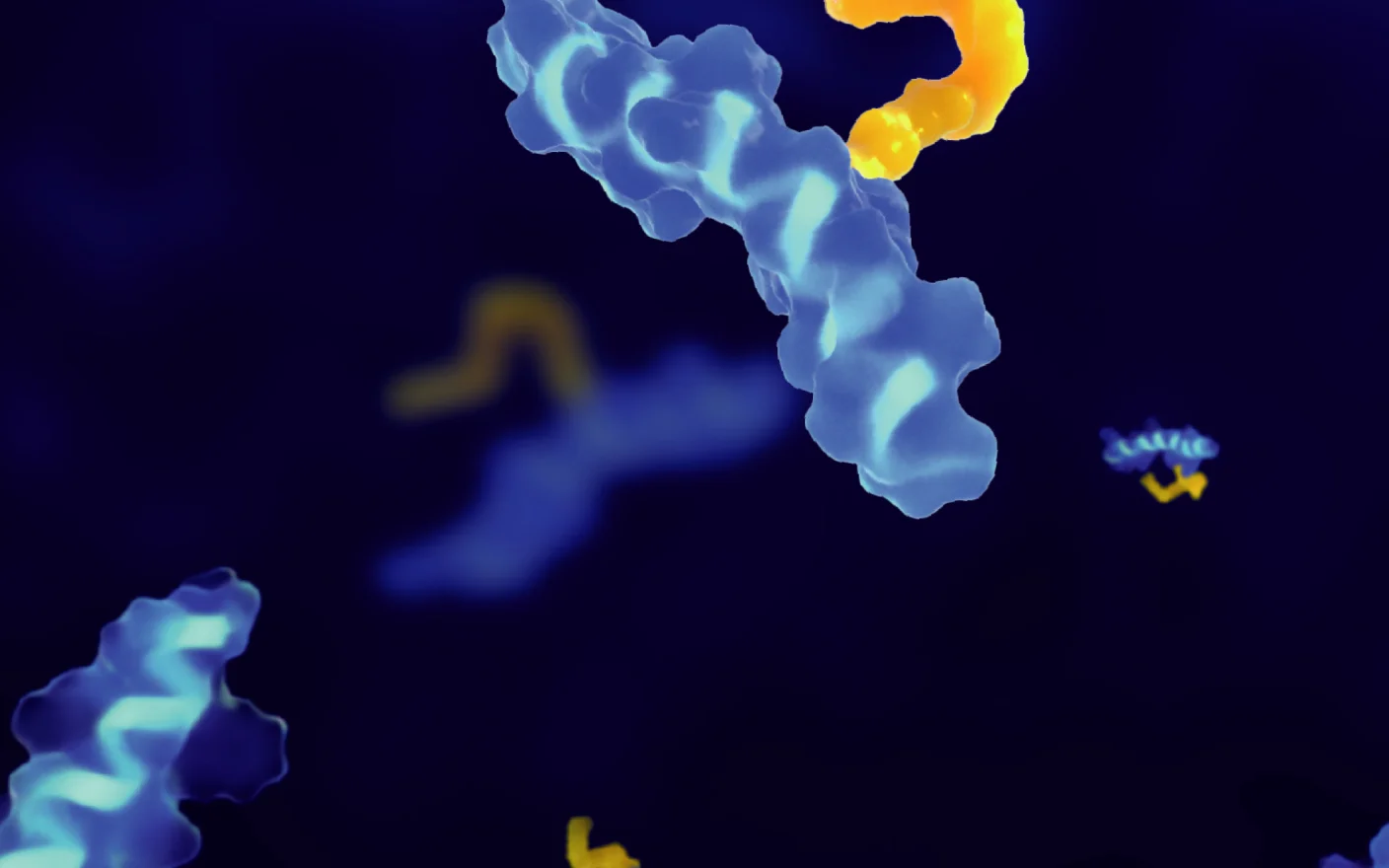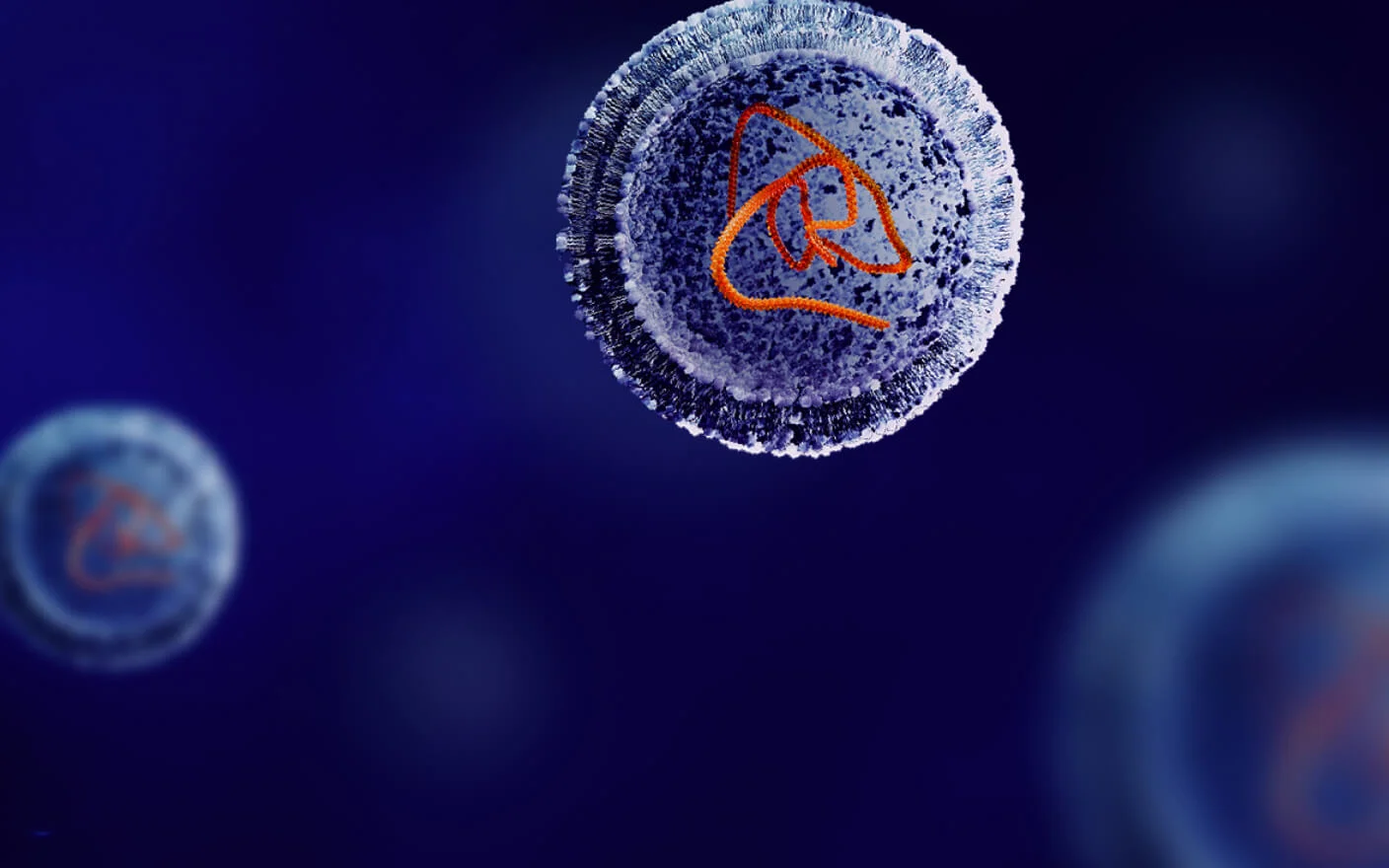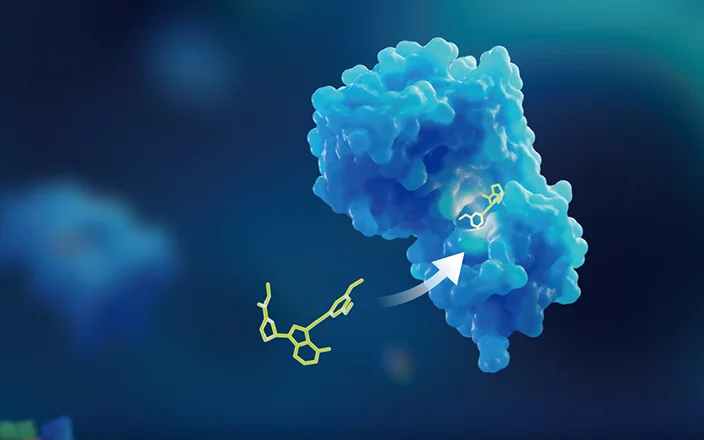Webinars Overview
In recent years, peptide therapeutics have garnered significant attention due to their remarkable potential in treating a wide range of human diseases, including diabetes, obesity, and cancer. Over 100 peptide drugs have been approved and marketed globally, highlighting their growing importance in modern medicine. However, the development of novel peptide therapeutics is not without challenges. Their increased size and structural complexity pose unique difficulties in bioanalysis, such as non-specific binding, assay sensitivity, stability, and immunogenicity evaluations. Additionally, the diverse submodalities of therapeutic peptides result in distinct ADME properties, which further complicate their preclinical development. Given the lack of specific guidelines and technical standards for non-clinical research on peptide drugs, a case-by-case approach is essential for preclinical toxicological evaluations. This involves designing studies based on the specific regulations outlined in various guidelines while considering the unique characteristics of each peptide drug. To address these challenges and accelerate the development process, comprehensive preclinical development, DMPK, and bioanalytical solutions are crucial.
This webinar will cover non-clinical safety evaluation strategies, DMPK assessment methods like peptide radiolabeling and metabolite profiling, as well as solutions for bioanalytical challenges such as non-specific binding and immunogenicity, providing researchers with essential knowledge and tools.
Different from small molecules and large proteins, the diverse submodalities of therapeutic peptides have distinct structures and carry different absorption, distribution, metabolism, and excretion (ADME) properties. In this webinar, experts from WuXi AppTec will share essential strategies for accelerating DMPK assessments of peptides, developed at a late stage. During the webinar, methodologies of peptide radiolabeling positions, complete excretion recovery, as well as metabolite profiling and identification for modified amino acid or fatty acid chains will be addressed.
Learning Objectives:
Peptide radiolabeling synthesis considerations.
Pre-clinical peptide ADME research experiences in rodents and large animals.
Late-stage DMPK strategies for novel therapeutics
DMPK Speaker
Related Resources
-


Software-aided Detection and Structural Characterization of Cyclic Peptide Metabolites in Biological Matrix by High-resolution Mass Spectrometry
PublicationsJan 09,2026 -


GLP-1 Peptide Drug Radiolabeling and ADME Study Strategies
ArticlesDec 24,2025 -


Decoding Peptide ADME Challenges: Integrated Radiolabeled Synthesis & ADME Platform - DMPK Frontiers
VideosOct 24,2025
Related Services and Platforms




-

 Radiolabeled In Vivo ADME StudyLearn More
Radiolabeled In Vivo ADME StudyLearn More -

 Novel Drug Modalities DMPK Enabling PlatformsLearn More
Novel Drug Modalities DMPK Enabling PlatformsLearn More -

 Radiolabeled MetID (Metabolite Profiling and Identification)Learn More
Radiolabeled MetID (Metabolite Profiling and Identification)Learn More -

 Radiolabeled Non-Clinical In Vivo ADME StudyLearn More
Radiolabeled Non-Clinical In Vivo ADME StudyLearn More -

 Quantitative Whole-body Autoradiography (QWBA)Learn More
Quantitative Whole-body Autoradiography (QWBA)Learn More -

 Human Radiolabeled Mass Balance StudyLearn More
Human Radiolabeled Mass Balance StudyLearn More -

 Radiolabeled Compound SynthesisLearn More
Radiolabeled Compound SynthesisLearn More -

 PROTAC DMPK ServicesLearn More
PROTAC DMPK ServicesLearn More -

 ADC DMPK ServicesLearn More
ADC DMPK ServicesLearn More -

 Oligo DMPK ServicesLearn More
Oligo DMPK ServicesLearn More -

 PDC DMPK ServicesLearn More
PDC DMPK ServicesLearn More -

 Peptide DMPK ServicesLearn More
Peptide DMPK ServicesLearn More -

 mRNA DMPK ServicesLearn More
mRNA DMPK ServicesLearn More -

 Covalent Drugs DMPK ServicesLearn More
Covalent Drugs DMPK ServicesLearn More
Stay Connected
Keep up with the latest news and insights.





